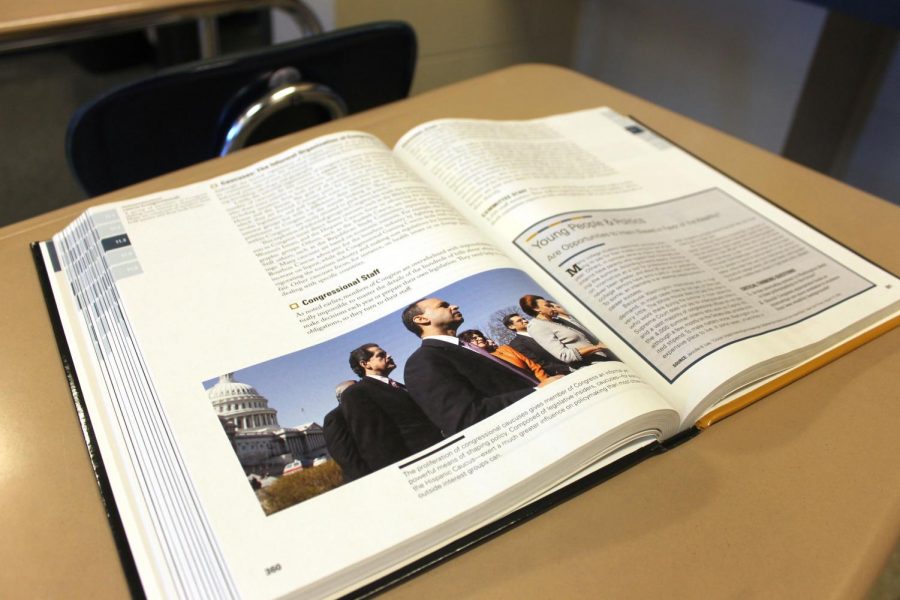Lack of Civic Savviness
Opinion: Public Schools Need To Implement Extensive Government Classes To Graduation Requirements
Most Americans are actually ill-informed on general topics and concepts of government and civics. This educational failure is rooted in the very source of educational conception: public schools.
October 2, 2020
Amidst a political climate steeped in division, bitterness and outright vindication, many Americans have begun engaging in intense political discussions regarding the upcoming 2020 presidential election and its candidates. Never before has the American populous indulged itself in so much political commentary and debate over numerous issues, yet remaining ignorant to the actual facts and truths about the United States government systems.
Unfortunately, despite the recent information explosion that the U.S. has enjoyed with the invention of the Internet, most Americans are actually ill-informed on general topics and concepts of government and civics. This educational failure is rooted in the very source of educational conception: public schools.
Very few, if any, students are well-versed in civics when they graduate, perhaps alluding to why the Public Policy Center found that only 26% of Americans could name all three branches of the U.S. government in 2016. Additionally, the College Board reported in its student score distributions for AP exams that the national average AP U.S. government exam score was 2.73 out of 5 in 2019.
The reason for this alarming lack of political knowledge and civic savviness is simply the equally alarming amount of government that young adults are not taught in high school. In recent years, public schools in the U.S. have leaned more heavily into promoting English Language Arts (ELA) and mathematics, all the while limiting the presence that social studies used to have in the school environment. Social studies, sciences, ELA and mathematics were once the key four subjects that students were tasked with mastering, while in today’s classroom, ELA and mathematics are prioritized through the encouragement and promotion of college-level classes over those subjects, leaving social studies as a sort of “side quest” in student graduation.
Furthermore, the limited involvement that civics has in students’ lives not only affects how they vote, how they interpret issues and how they make political decisions, but it also affects the country as a whole. Year after year, the U.S. has seen a steady decrease in the number of registered voters, as well as the voter turnout in elections, trailing many other well-developed and democratic countries. Low voter turnout also means a limited number of voters who actually know what or whom they’re voting for. This less-educated voter population threatens the true viability and credibility of the representatives they vote for, as well as if they are actually fit for the job they are meant to serve.

Fortunately, work towards an improved civics education has been done in Texas with the signing of House Bill 1244 by Governor Greg Abbott, which effectively adds 10 questions from the U.S. Citizenship and Immigration Services Civics Test to the U.S. History End-of-Course Assessment. Students in the classes of 2023 and 2024 will be required to pass this exam in order to graduate, however, more effort needs to be put into preparing and educating students on social studies.
The next step that the school district, as well as the entire state of Texas, needs to take is to implement extensive civics and government classes that are required to graduate, similar to other states like Florida and Louisiana that require students pass a civics class and test in order to graduate . Yet, civics programs in American public schools need to not only be better developed, but better emphasized by the school and families, so that students are encouraged to grow a genuine interest in civics.
To say knowledge of civics is important for students is an understatement. Students are the future of this country, of this state and of this town, a future that absolutely needs to know what civil liberties they are entitled to, what actions their government is permitted to take and how they can make their voices heard in order to make a positive impact in promoting the general welfare and tranquility of this nation . Students in the classes of 2021,2022,2023 and so on, will be the voting force that shapes this nation’s future, and one can only hope that it will be a bright one.

